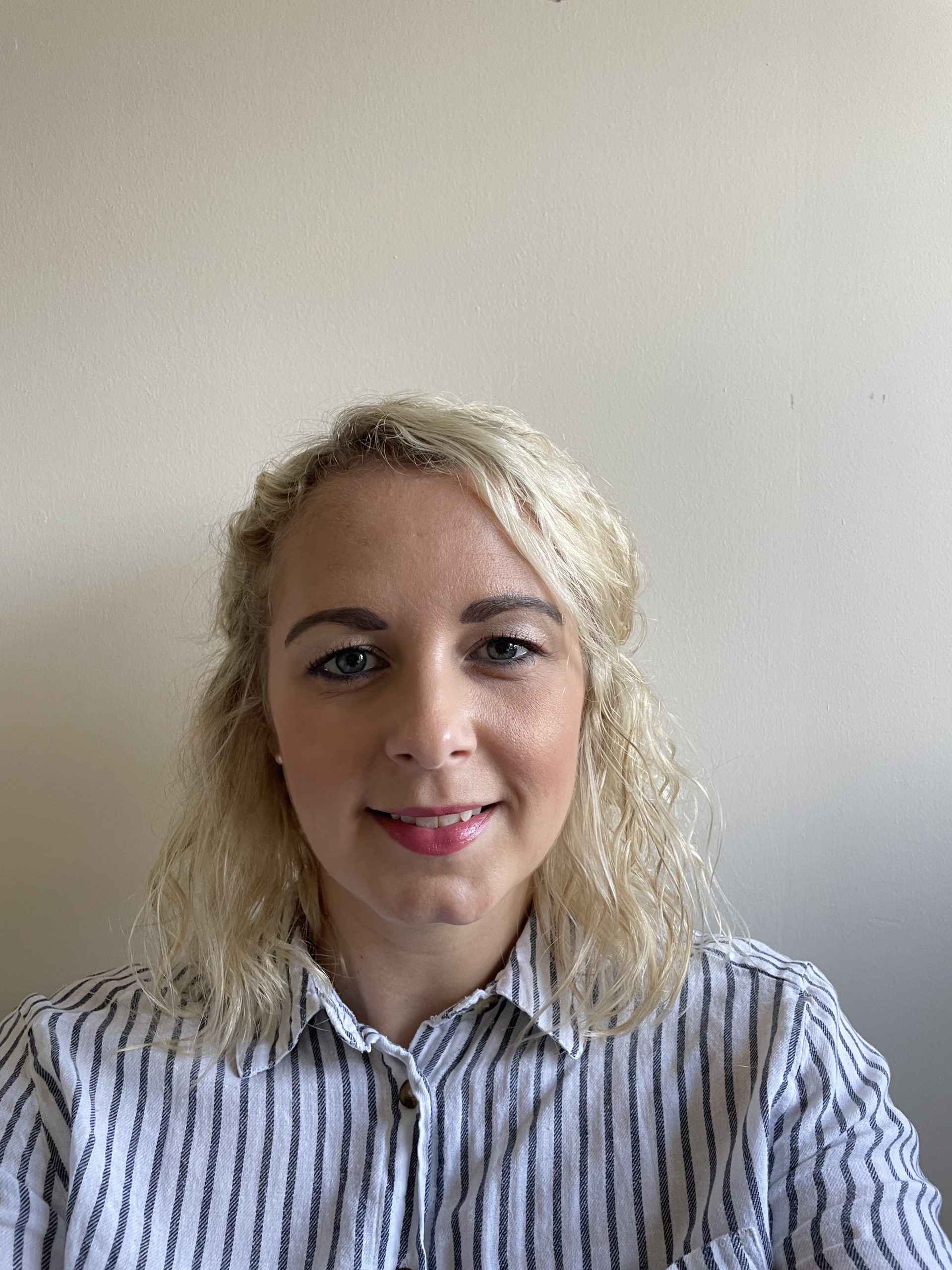Guest Blog

ENRICHEnabling Research in Care Homes
GUEST BLOG
Welcome to the ENRICH guest blog
Read the real-life experiences of people involved in care home research.
Anyone with a story or advice they'd like to share is encouraged to make contact using the contact us page.
Read about current news and developments for care homes research in the new posts section.
NEW CARE HOME STUDY – Caring Optimally: promoting effective Mouth MInuTes – The COMMIT Study
Karen Spilsbury is Professor of Nursing and Academic Director for NICHE-Leeds. Her research portfolio targets uncertainties in care homes and older peoples’ care and support; seeking to enhance quality, reduce inequalities and unwarranted variability. Gail Douglas is Professor of Dental Public Health, a dentist whose work has focused on measuring and improving oral health in particularly vulnerable populations.
The COMMIT study is led by Professor Karen Spilsbury and Professor Gail Douglas (University of Leeds), bringing together expertise in oral health and care homes research. In this blog Karen and Gail discuss the importance of mouth care in care homes and introduce their study exploring how best to keep residents’ mouths healthy and how to support care staff to promote effective ‘mouth minutes’.
Measuring the impact of and contributory factors for effective implementation of the Tovertafel in day centre and residential settings
Rachel Fox – Part-time PhD student at Leeds Beckett University and Project Manager for Royal Voluntary Service developing activity and support groups for people living with dementia
Hi, I’m Rachel Fox, I live in the North East of England and I have worked in dementia care for the almost 10 years now. On leaving University back in 2011, I began working directly with people living with dementia and their carers to provide care and support. I continue to work and am extremely fortunate to be able follow my passion in supporting people with dementia. I’m now a Project Manager developing activity and support groups for people living with dementia across Britain and part-time self-funded PhD student at Leeds Beckett University.
Teaching Care Home Staff Through Animations During The Pandemic.
Heather Birtles and Kristina Gray are Assistant Psychologists working at Newcastle Older Adults Mental Health Service and North East and North Cumbria Staff Wellbeing Hub, and have been producing animations during the pandemic as part of Communication And Interaction Training (CAIT).
A recent literature review (in press) showed that care home staff were experiencing high levels of mental health difficulties following the COVID-19 pandemic. One of the themes frequently discussed was a lack of skills and knowledge. Staff in the Newcastle Older People’s Mental Health Service and the North Cumbria staff wellbeing hub have been working on some animations to offer virtual educational content during the pandemic. This blog post discusses the role of animations in teaching and a description of the animations produced.
Incident reporting in care homes: New study open for recruitment across England
Kate Byrnes is a senior research assistant working on the ‘Safe System Transition’ (SafeST) research study at Northumbria University.
The ‘Safe System Transition’ (SafeST) research study at Northumbria University (https://research.northumbria.ac.uk/safest) aims to gain a better understanding of incident reporting in care homes and from this to co-design a systems-level response to safety issues for people transitioning between hospital and care home. Kate is going to explain in this blog the need for the research and how to be involved, if you are interested.
Patient and Public Involvement, lay team members and the credibility paradox
Sue Fortescue was an Information Technology manager in Brussels for over 20 years before retiring to the UK. Her father had vascular dementia, and her mother had Huntington’s Disease and the dementia associated with it. Both have now passed away. In retirement Sue joined the Alzheimer's Society Research Network and now plays an active role in reviewing research proposals and monitoring research projects.
In this guest blog I discuss the importance of including lay members on project teams and the value that we can add to projects, given the right conditions. I also outline what can be done by all involved to create those conditions.
Public involvement in social care: reflections on a new report
Zoe Gray is the Associate Director of Involvement, Participation and Engagement at the NIHR Centre for Engagement and Dissemination (CED); and Tina Coldham is a Public Adviser to NIHR CED. They are both champions of NIHR’s mission to effectively engage and involve patients, public, carers, service users and communities in all parts of the research journey.
In this blog Zoe and Tina discuss the publication of an NIHR report highlighting recommendations in social care research. They urge researchers, research commissioners and managers to play a part in improving public involvement in social care research.
Taking part in care home research – a staff nurse perspective
Carinna Lumayno complete her nurse training in the Phillippines in 2005. She worked in a hospital setting for 5 years before moving to the UK. Once living in the UK, Carinna worked as a carer for 3 years. She then trained for her UK registration and was awarded her pin in 2014. Carinna has worked at Kineton Manor since 2013. She started as a nurse trainee and was promoted to staff nurse in 2014.
In this guest blog Carinna Lumayno talks about her experience of taking part in care home research. She introduces the research topic, her initial thoughts and feelings around taking part, some of the challenges of being a ‘champion’ of the research and some tips for researchers.
Do probiotics reduce antibiotic administration in care home residents? Findings from the PRINCESS trial
Vicky Shepherd is a Research Fellow at the Centre for Trials Research at Cardiff University. A nurse by background, her research addresses the ethical and practical challenges of involving people with impaired capacity, including care home residents, in research. She is also involved in a number of clinical trials and other studies with care homes, including working with care home staff to establish the priorities for future care home research.
In this blog the PRINCESS trial team give an update about their recent (pre COVID-19) trial in care homes where they explored whether taking a daily probiotic could reduce antibiotic use in care home residents by preventing infections. They also conducted a qualitative evaluation to understand how the trial was implemented to help inform future trials in care homes.
How to know what is working well to prevent COVID-19 in care homes?
Research Team: Kerry Hood is Professor of Trials and Director of the Centre for Trials Research at Cardiff University. Her methodological interests include complex trials and increasing inclusivity in research, with a particular focus on care homes and people with a learning disability. Vicky Shepherd is a Research Fellow at the Centre for Trials Research at Cardiff University. A nurse by background, her research addresses the ethical and practical challenges of involving people with impaired capacity, including care home residents, in research. She is also involved in a number of clinical trials and other studies with care homes, including working with care home staff to establish the priorities for future care home research. Fiona Wood is a Professor of Medical Sociology in the Division of Population Medicine at Cardiff University. She specialises in research focused on person centred care and co-leads the PRIME Centre Wales work-package on person-centred care. Ishrat Islam is a Research Associate of PRIME Centre Wales at Cardiff University. Her research interests include behavioural health research around physical activity, public attitudes towards death and dying and cancer research strategy.
COVID-19 has had a devastating impact on people living in care homes, with care home residents accounting for a large proportion of COVID related deaths. A number of trials are underway to test interventions to prevent COVID-19, such as medical treatments. However, it is difficult to compare the findings from these trials to know which intervention is better than the others. It is also important to consider the impact on existing infection control measures, including visiting restrictions. This blog gives an overview of a study, being conducted by researchers at Cardiff University with the Universities of Liverpool and Nottingham, to identify an agreed set of outcomes that clinicians, care home staff, care home residents and their families think are important to consider when assessing the success of an intervention.
Experiences with End-of-Life Medicines in Care Homes: New study open for recruitment
Megha Majumder is a PhD student in the Palliative and End of Life Care Group at the University of Cambridge. Her research focuses on end-of-life medicines in relation to a deeply vulnerable population in the UK: care home residents. She is as passionate about quality of death as she is quality of life, and cares a great deal about addressing issues in access to care among marginalized patient groups.
In this guest blog, Meg Majumder introduces a new study, Experiences with End-of-Life Medicines in UK Care Homes. This study will address several knowledge gaps in the evidence base for controlled drugs in UK care homes, specifically the processes and perceptions surrounding the prescribing, storage, monitoring, repurposing, administration, disposal of end-of-life anticipatory medicines. Meg is currently recruiting Care Home Managers, Senior Nurses, GPs and other health and social care professionals involved in the prescribing, storing, administration, or disposal of end-of-life controlled drugs, including anticipatory medicines.









